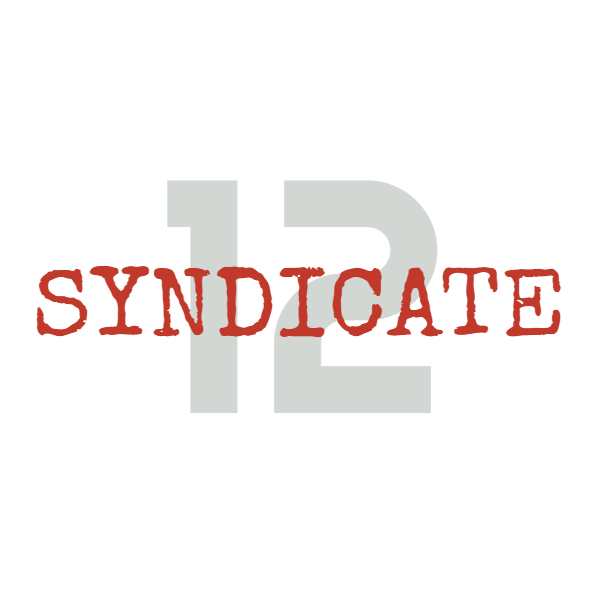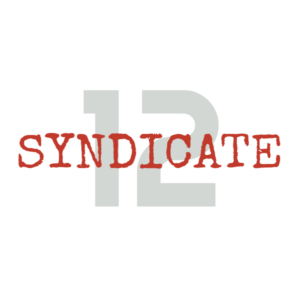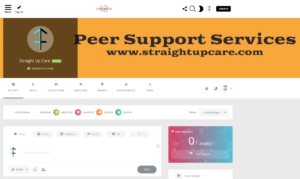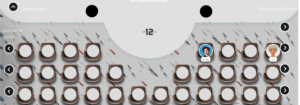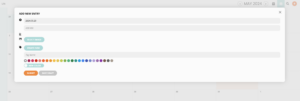Community. Connection. Recovery.
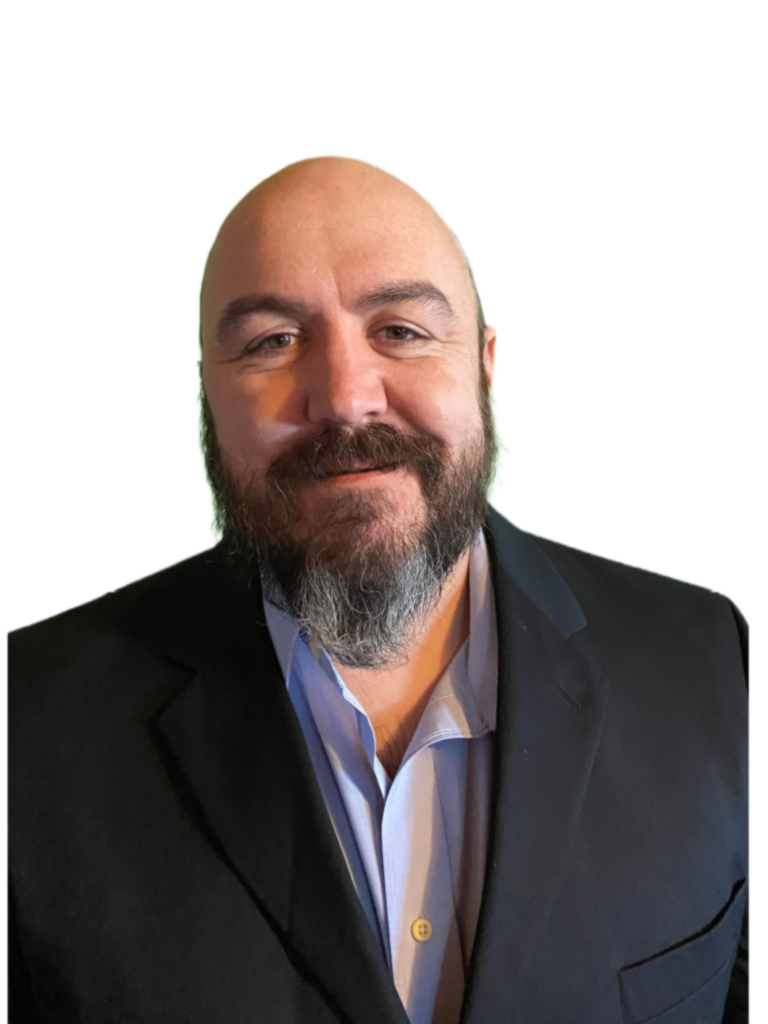
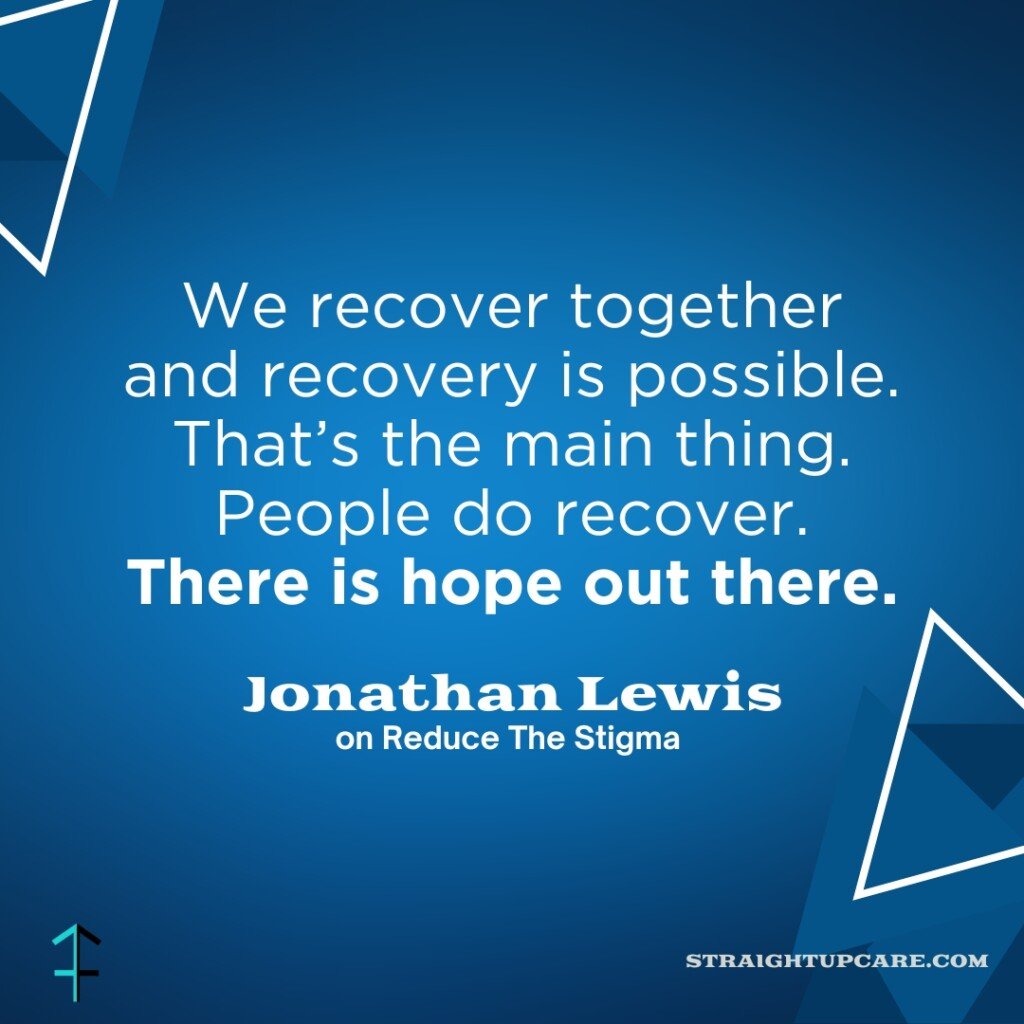
Have you been looking for a FREE, online recovery resource and community? Well, you’ve found it with Syndicate 12! Yes, you’ve read that right – a free, online recovery resource and community. It’s a virtual recovery community that provides the most valuable factor for mental health and substance use recovery – connection to others. The great minds behind Straight Up Care, the only HIPAA compliant telehealth platform that allows peer specialists to work for themselves, now brings another great resource for the recovery community in Syndicate 12.
Watch Co-Founder, Jonathan Lewis’ interview and announcement of Syndicate 12 below or continue on to read about all the incredible features of the platform.
Click here for the episode’s full transcript.
Syndicate 12
How is Syndicate 12 a recovery resource and community?
Anyone who has experience with mental health or substance use knows that there are a lot of people out there who just don’t get it. Connecting with others who have been there is helpful, validating, and often a source of inspiration. Syndicate 12 provides a free, online social media space where you can connect with those who have similar lived experience. You can share openly, or take advantage of the ability to participate anonymously. All that matters is that you aren’t alone and you’ve got a community eager to support you.
How is it an online/virtual community?
Like other social media platforms, you can connect with those you know and those you build connections with. By adding friends, sharing posts, and meeting in the virtual meeting halls, you are building your own community of support from those with similar lived experiences. You can post, share pictures, and earn points, all tracked and visible to your friends on your profile.
What’s the point of the points?
Did you catch mention of points above? Yes, all your activity on Syndicate 12 can earn you points (or lose you points if you violate community rules). The points can then be used to redeem a reward or to gift to others. The provision of points and rewards is an integration of contingency management.
Rewards
Rewards can be discounts, like a prescription card that gives you a percentage off the cost of your medications. Rewards can also be things like teeth whitening strips or a voucher for peer support services from a peer specialist on Straight Up Care‘s platform.
Gift to Others
Have you ever wanted to do something for someone who helped you, but didn’t have anything to give? Now, with points on Syndicate 12 you can express your appreciation through gifting points. Maybe someone in the meeting hall took time to listen to your rough day, send them some points to help them build up to a reward they’ve been wanting. Or, maybe you see someone is having a particularly difficult time, so you send them points they can use to get a voucher for peer support services.
What’s a virtual meeting hall?
Syndicate 12 offers multiple meeting halls: substance use, general, and mental health. In these meeting halls, you can connect with others. Whether you turn your camera, upload a photo, or create an avatar – the focus is on providing a safe space for you to connect with others. From each meeting hall, users can enter one-on-one rooms for more private chats, or into breakout rooms for group gatherings. Each hall also has a Celebration room, where you can celebrate good days, anniversaries, birthdays, and whatever else you want to celebrate! Come hang out and see what it’s like in a space dedicated to recovery.
What are the fun things for me to use with my profile?
Life Journal
Sometimes it’s hard to recognize patterns or realize when we’ve been doing well because progress is often small and over a long time. To help you feel in control and able to celebrate the good and prevent the bad, Syndicate 12 offers the recovery journal. With an ability to create and customize tags, you can easily track what works, what doesn’t, and when you’re making great progress towards your goals.
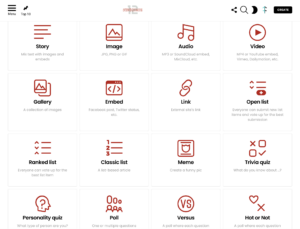
Being able to express yourself and connect in multiple ways is a core purpose of Syndicate 12. Thus, all the different ways to create content – from memes to audio to polls to images, whatever is on your mind, there’s a way to express it. Ever wonder the most recovery-friendly gym in your area? Create a ranked list and have people vote! Wondering how many people are open about mental health struggles at work? Create a poll! There’s no limit to the connections that can happen on Syndicate 12.
Make sure you never miss an episode of Reduce The Stigma by subscribing on your preferred platform
How to Watch
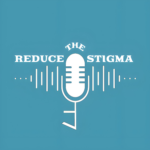
Watch on any device on ReduceTheStigma.com
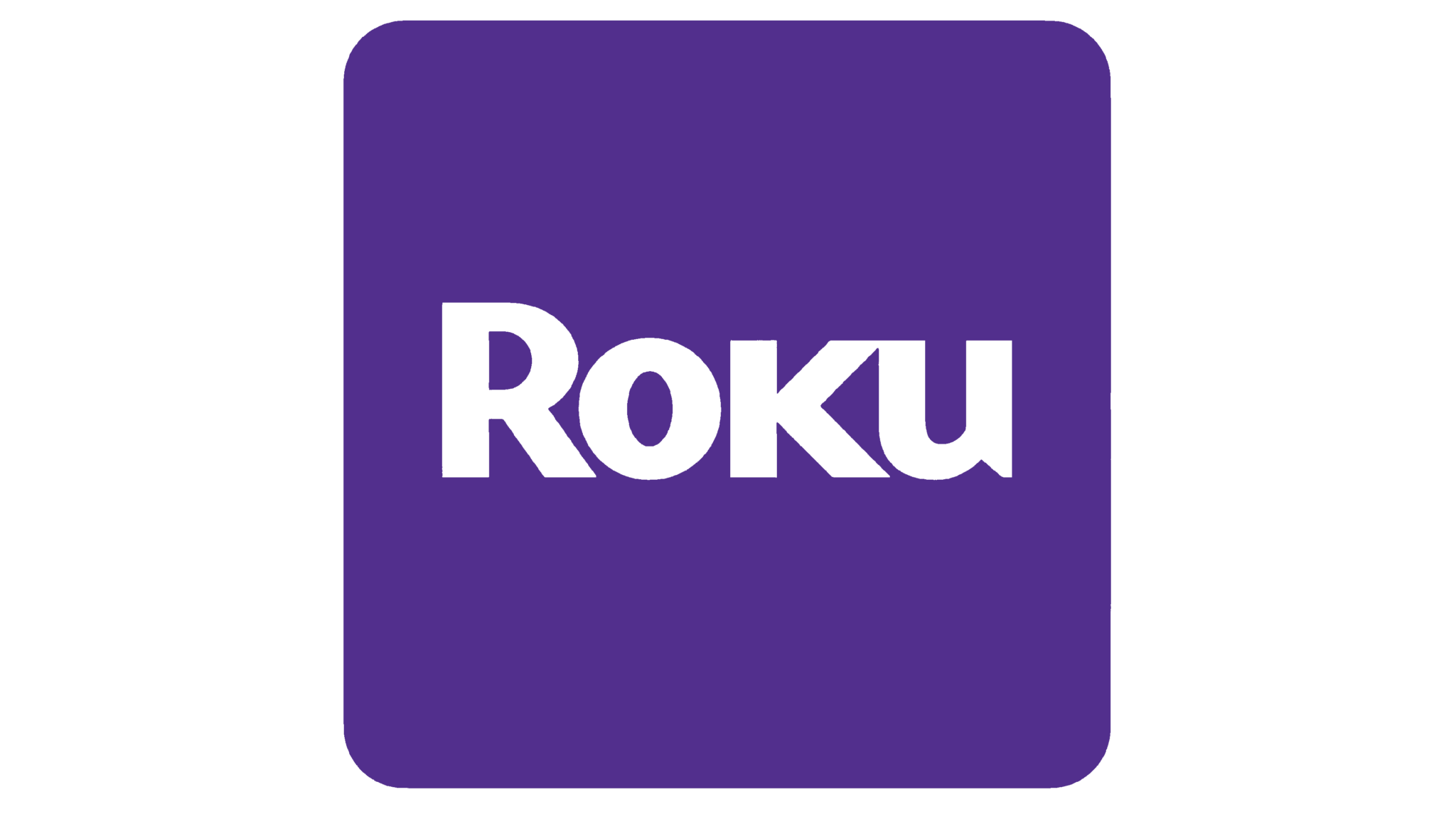
Install and Watch all Episodes on Reduce the Stigma RokuTV Channel

Install and Watch all Episodes on Reduce the Stigma Amazon Fire TV Channel
How to Listen
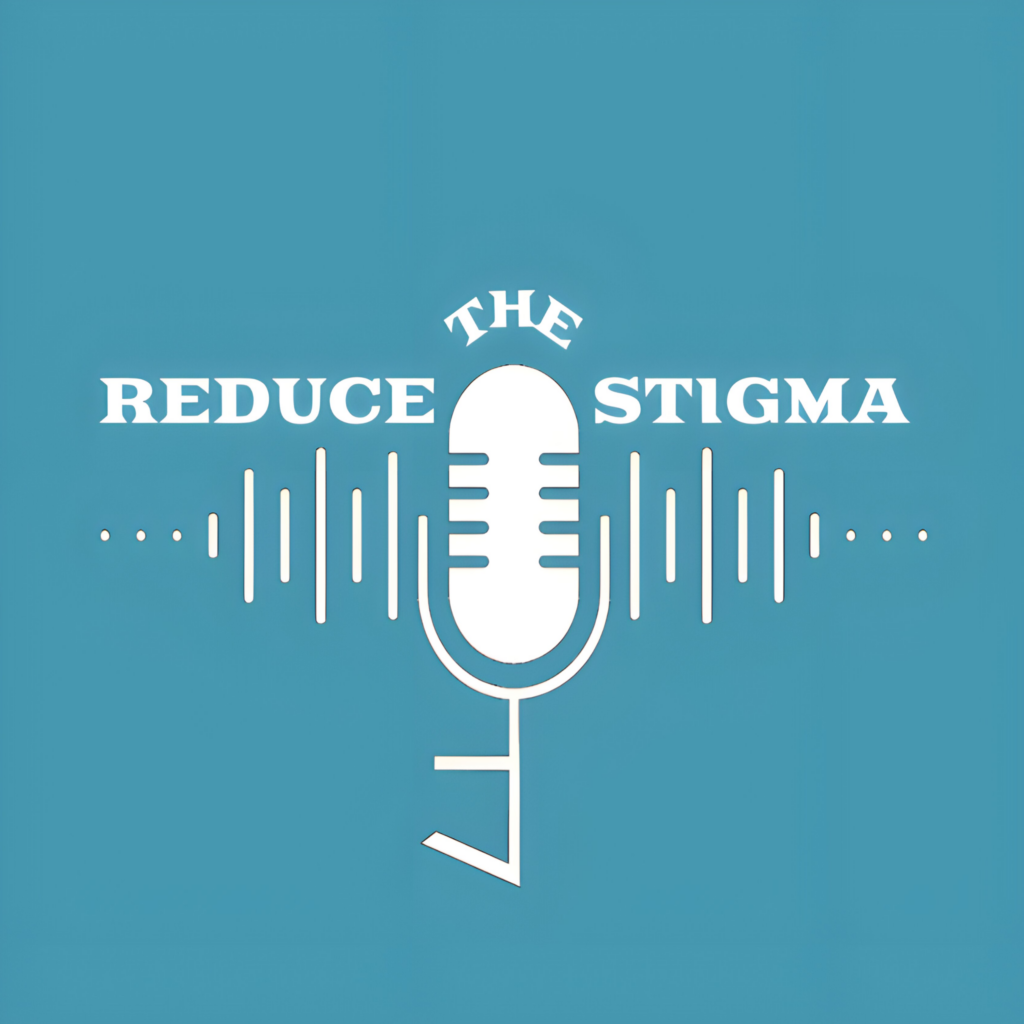
Our Podcast Website on Podops!
Listen on Apple Podcasts!

Listen on Spotify!

Listen on iHeart Radio!

Listen on YouTube Podcasts!
Follow Straight Up Care
Transcript
Whitney Menarcheck | she/her (00:00)
I’m so excited for today’s episode, not only because I’m interviewing my friend and colleague, Jonathan Lewis, the co -founder and CTO of Straight Up Care, but also because Jonathan has a really exciting announcement that you’re not gonna wanna miss. So stay tuned and get ready to be inspired and get excited as we reduce the stigma.
Whitney Menarcheck | she/her (01:30)
Hello and welcome to Recovery Conversations. I am so excited for today because we have a special guest, my friend, colleague, boss, the wonderful Jonathan Lewis, who is the Chief Technical Officer for Straight Up Care. And we’re going to learn about him as well as share some really exciting news for everyone. But first, let me just say, Jonathan, thank you so much for joining me today.
Jonathan (01:58)
Thank you for putting this on for us today.
Whitney Menarcheck | she/her (02:01)
Yes, I’ve been bugging you for a while because I know how wonderful you are and I’ve been eager to share you with our audience. And so before we get to the exciting news, can we just first learn a little bit about, you know, you’re the chief technical officer and co -founder, I should say, I forgot that part, of Straight Up Care. Can you tell me and us what…
led you to partner with Dr. Mo and create Straight Up Care?
Jonathan (02:33)
Well, yeah, we actually were introduced…
two and a half or three years ago, it’s been a while. And, you know, we started working on a project and, it just kind of grew and grew and grew at first. It was just going to be a little like your run of the mill, telehealth platform where you can pick up the phone and call somebody. it has transformed into a lot more than that based on a lot of the tools that I had available, from a
programming side and all the tools that Dr. Mo had available from the teaching and educational side. And we’ve kind of just steamrolled it and we’re here now.
Whitney Menarcheck | she/her (03:23)
Yeah, and it’s such a great platform. I’m honored to be a part of it in any way. And just the opportunity it’s providing peer specialists and the barriers it’s breaking down both for peer specialists and for people who are seeking care. And I guess that kind of leads me to, was this an area that was significant to you or?
anything in particular that kind of highlights your involvement in the company.
Jonathan (03:58)
Certainly. Yeah, the whole recovery field. You know, I’ve either been on one side of the fence or the other since I was about 14 or 15.
I believe it was early 2000s, I worked for a state mental health department for strategic planning and prevention for anti -drug coalitions, more on the preventative side. And I saw the value of prevention. I saw all the good that you can do working in prevention.
but there is a big difference in, you know, the prevention side and actual helping people that need it immediately. and when I was working in prevention, it really, it, it was horrible for my recovery process, for my sobriety, because it, it felt to me that everybody I was working with, which was,
I think at the time I was overseeing a couple dozen counties, anti -drug coalitions of which, you know, the numbers were getting worse. Crime, prosecutions, drug, you know, drug charges increasing everywhere, like they do across the world. But I really took that to heart and, you know, it actually pushed me more into my addiction.
And I eventually resigned. but the whole idea of helping people never left. I knew that I had to get my act cleaned up before I could, you know, go and do anything further. So that’s kind of what I did. And that’s the long short route to how we are here today.
Whitney Menarcheck | she/her (06:03)
Yeah, thank you. And we’re all benefiting from your background and your skill set. And what you’re able to do is really incredible in giving already so many opportunities, but also connection. Connection is so important. We know in recovery, in life, we’re not meant to be isolated beings.
And so having that social connection is really important, which leads me to our exciting news. Can you tell us what it is that we’re launching next?
Jonathan (06:45)
Yes, we are right at kicking off a new platform we’re calling Syndicate 12. I’m very, very excited. And just to a brief overview, it is a platform for connection. It is absolutely free to hop on, to join, to build your connections, to build your core friends, your, you know, your Syndicate of 12.
obviously it doesn’t just have to be 12, but it is very much based on a different type of contingency management and it pulls together all of the community. very much like I was just talking about the coalitions, a coalition is kind of a grassroot effort where everybody comes to the same table, to work together on, you know, bettering the community.
And the same is true with Syndicate 12. We want, you know, the whole care system involved. It is a platform where you can stay completely anonymous and you can connect to people anonymously. We have live 24 seven video rooms open where you can hop on in a very new interactive kind of way.
Basically have a meeting anytime day or night.
Whitney Menarcheck | she/her (08:21)
That’s great. And getting to play around on it, you know, the anonymity for those who for any reason want to maintain that. You know, the interaction, there are video capabilities, but there are also really cool avatars that you can select to represent yourself. And really giving, at least from my perspective, really giving the person complete control over who they are in that space.
Jonathan (08:51)
Certainly. Yeah, the the goal was, you know, I understand that there are going to be people who want to remain completely anonymous. There are people who may want to make connections, whether it’s, you know, work or actual, you know, in real life friendships. But yes, we have a simple way that you don’t even have to upload your own picture. You can go in and create a avatar like you would, you know, assume, you know, change the hair, change the…
eyes, add glasses, add a beard, you know, whatever you want to do, make it, you know, uniquely you. but you can, you know, upload your own photo or if you want to pop on in video, you can pop on your camera and be there. But some people want to remain completely anonymous. Some people may want to use it to say, you know, Hey, I’m a, I’m a peer specialist and my name is, you can find me over here. It’s not a way to.
you know, just self promote. But the goal is to truly help people and incentivize that keep coming back, keep doing good things.
Whitney Menarcheck | she/her (10:04)
And so you mentioned the incentives, contingency management, and for anyone who isn’t familiar with that, contingency management in simplest terms is essentially rewards for achieving various accomplishments. So in the world of recovery, and I should also clarify, syndicate 12 is mental health and substance use. And so.
It would be maybe achieving certain goals that you set for yourself by engaging in the platform and really just continuing to feed your recovery. So with that basic explanation, can you tell us about the incentives? What could someone see as a result of their continued commitment to their recovery?
Jonathan (10:49)
Certainly. Yes, right now, as we are just kicking off, it’s not just incentives that we’re going to be giving.
Apparently we have everything from you can get a MP4 player to Bluetooth wireless headphones. And we have teeth whitening kits. There’s all kind of incentives just on the national. It doesn’t matter where you are, you can kind of benefit from that. But our goal is to use
You know, the people who are on the platform as kind of a brand ambassador. I used to do a lot in marketing. I still have a marketing company. And one of the things I saw most businesses really love the idea of, you know, these coupon sites. I think there are a few big ones, not to mention any names, but a lot of coupon sites.
actually caused a bunch of businesses to kind of go in the red for quite a while and bankrupt a bunch. With what we are planning to roll out, we want to have a map for every state, every location, and get that involvement from the local businesses. We’re going to train the people who want to be trained on how to approach businesses.
how to present the information and how to turn what some people would call a marketing budget into actually helping the community where a portion of that not only is a reward for coming back, whether it’s a coffee shop, they can actually say, if you have redeemed so many points on the platform, you can get a free coffee.
or something to that effect. But by doing that, you know, and most companies go out and say, Hey, you know, free coffee that cheapens their product. But as a reward, you know, it builds more of a value to that for the business side, but also it’s a little bit extra special for those who have been working for it. So from turning it from, you know, a.
special discount to actually helping. And, you know, someone who is involved in the community, someone who say, Hey, we’re a safe place that allow, you know, we’re welcoming towards those with substance use or mental illness. They are welcome here and we reward that. And a lot of the proceeds actually go to get the person who presents this to the business services.
Whitney Menarcheck | she/her (13:39)
right?
Jonathan (13:56)
and it doesn’t have to go directly to them personally. They get a voucher that they can hand out to people they meet in the video groups or friends or loved ones, but they can actually share that. So hopefully we can all get better.
Whitney Menarcheck | she/her (14:11)
That’s such an amazing community effort, right? So I could be in there, I could be gaining points, maybe I earned the voucher for services, and I’m in a good place at that time. But I see someone who’s struggling in my real life or in my virtual connection community, and being able to gift that. I mean, we…
How amazing, that makes me so excited to think about, we all want to be able to offer something to others and we don’t always have the finances or resources, but by doing things that are good for you, you’re going to be able to offer others both because you’re in a good place, but because you’re gonna through our platform get these rewards. And I just see the cycle of kindness and support that I certainly haven’t.
seen anywhere else.
Jonathan (15:12)
Well, thank you. Yeah, that’s, that’s kind of the goal. You know, if, if we can’t grow as a community, you know, or we’re kind of stagnant in the water and, you know, businesses, they can give their money to Google and Facebook and wherever they want to do. I’m not saying that’s a bad thing, but if they just take one little percentage of that and reinvest in someone who is in their community, who, you know, is trying to do good.
And, you know, we’re not saying that they’re never going to slip again, but they’re going to keep coming back. And if we can just get them to keep coming back, keep taking good actions, you know, it doesn’t matter how many times someone slips at the end of the day, you know, are they going to be better or worse?
Whitney Menarcheck | she/her (16:07)
Right, right. Let’s just keep providing the resources and opportunities for someone to be their most successful self, even when there are those slips along the way. That certainly resonates with my personal philosophy, which is probably why we get along so well. Now, the points. How does someone go about earning points?
Jonathan (16:24)
no.
Of course. Yeah, it’s one as simple as signing up. You get your first amount of points of which the amount of points that you earn just for signing up, you can immediately go and get a prescription card. Excuse me. I’ve been a little under the weather. I need a prescription card. And it’s your, you know, there’s a couple of companies that do it.
Whitney Menarcheck | she/her (16:53)
Heheheheh!
Jonathan (16:59)
The one that we offer it’s up to 80 % off your prescriptions. Even if you already have insurance You know, we we know that a lot of people in the community that’s Taking care of your health has been put on the back burner as I sit here just getting over a sickness myself, but No to have that available. I mean you can save up to 80 % on a prescription that you’re paying for anyways, it’s free to use you just
Whitney Menarcheck | she/her (17:17)
Yeah.
Jonathan (17:29)
You know, show it to the pharmacist and they take money off. It’s fantastic. but to get more points, it’s, it’s everything from logging in every day from, like sharing the positive posts that we have. the philosophy behind that is if you’re sharing it to your social media sites, you know, that’s an embedding of who you are and what you’re doing. You have all of your social community.
Not really holding you accountable, but at least it’s on their radar to say, okay, well, trying to do good. If he slips, you know, we, we are there for him or her. but it’s, it’s doing that. We have, you know, points for, if you watch certain videos that are, you know, geared towards recovery or growth or, you know, a certain topic, you do get rewards for that.
For participating in certain things, we have a list of long stuff that you can get points for. We actually have a couple of things that can take points away as well. So, you know, we want it to be organic community. We don’t want to, you know, police it 24 7 and even to that effect we have, you know, if.
Whitney Menarcheck | she/her (18:42)
Hmm.
Jonathan (18:56)
If you report something that doesn’t need to be there and we find it doesn’t need to be there, you can get a point for kind of a self policing thing. but at the end of the day, the, the overall goal points, aside it’s if you show up, and are active in a community that wants to help. the neat thing is when.
We hop into our video rooms. One, it can be a big auditorium. We have a celebration room. You can, you can, you know, celebrate people’s wins. their recovery birthdays, all that kind of stuff, but a big auditorium, and little break off groups. There’s dozens of break off groups and they also have like one -on -one groups where, you know, it’s just you and one other person. No one else can hop in there and.
you know, hear your conversation. but it’s once you take a seat, that seat is full and you know, you can build these relationships with people and you can, you know, hear what other people have to say, hear other people advice. And one of the, one of the most beneficial ways to get points in my opinion, I’ve set it up where if someone helps you,
Whitney Menarcheck | she/her (20:02)
Yeah.
Jonathan (20:23)
You can give them the points that you’ve earned just to, you know, thank you for doing what you’re doing. I really needed that today. Or, you know, you turn my life around. I know it’s, it’s hard to say here’s, here’s a thousand points for turning my life around. That seems kind of, underselling it, but I mean, there’s so many people out there who are every day meeting with people, helping people.
Whitney Menarcheck | she/her (20:32)
Yeah.
Jonathan (20:53)
And they don’t know if they’re appreciated or not. It’s, they may never see that face again, or they see them once a week and, you know, an hour long meeting and they really don’t know the impact that they’re making. There’s no real way to say thank you for that. and, you know, hopefully this will encourage people to keep helping and keep, you know, know that you’re appreciated for helping.
Whitney Menarcheck | she/her (21:17)
Yeah.
Absolutely incredible. There’s been so much more interest lately from, I mean, I think at the lived experience level, it’s always been there, but there’s more recognition, I should say, about putting the people with the lived experience in charge. And that’s exactly what’s happening here. And it’s giving them, like I said, opportunities, but also the way to…
support others, build others up, and have this almost like a current of recovery currency through the points where you can can do what you wouldn’t be able to do in the you know physical world of meetings and different groups and things like that because you’re not going to just give someone twenty dollars but you can give them twenty points towards their next you know achievement maybe they’ve been working towards
You mentioned teeth whitening, maybe that they really wanted that. That’s something that they have been looking forward to and you can contribute to that to help them achieve that thing that’s going to make them feel better. So it’s just such a wonderful community that you have built with the structure of Syndicate 12 and what we’re embarking on. And is there any other feature or component or purpose that we haven’t touched on that you’d like everyone to know?
Jonathan (22:51)
yeah, there’s, there’s a whole list of features that, you have to get in it. It may take another hour video. but what, you know, some of the just real off the top kind of things. One we’ve talked about the video rooms, which I think are fantastic and, you know, great, but we’ve built in a end to end encrypted journal. You can.
Whitney Menarcheck | she/her (22:59)
Hehehe.
Jonathan (23:19)
You know, it’s kind of a calendar journal where you can, you know, say today I struggled with this. I went to the park with this person and I did this and this and this, and you can color code it. So the goal is, you know, like any journal, I mean, you get a, you get a book journal and just write in it. That’s great. It’s hard to flip back to see, okay, well, I have, I have a whole lot more red dots.
back in the past and I have good, you know, green dots and it right now. So you can kind of see that, Hey, things are getting better because you know, me personally, it was, I just never felt like there was any, any real growth in my recovery process. And, you know, looking back, it’s like, yeah, today is so much better than, you know, even, even seven or eight years ago from now.
Whitney Menarcheck | she/her (23:51)
Yeah.
Jonathan (24:17)
But by having that journal, you know, it’s, it’s completely yours. Not even, you know, even if you were to break in the mainframe, you couldn’t access it because it is intent encrypted. but that is another great tool that is added in there. We have, for a little more anonymity, it’s kind of like a Reddit type posting and,
you know, response Q &A area. If you just have a burning desire and you know, you can get points for posting good questions and posting good replies there too. We let you actually build up a core group of friends, hence your own syndicate and you can have a private group inside of the actual Syndicate 12 platform. So if you already have a
a local, you know, anonymous group and you want to, you know, have a place to congregate, leave messages, you know, it is there built for things like that. Or if you just want to have a core group of your 12 that you check in with and hold each other accountable, that’s the idea. You have a group where you can get your Knights of the Round Table together and just watch everybody’s back.
Whitney Menarcheck | she/her (25:30)
Wow.
Yeah.
Amazing. Absolutely amazing. And how does somebody join?
Jonathan (25:54)
Yeah, all you need to do is go to syndicate12 .com and register. we will be launching a kind of a kickoff promo where you can get even more rewards. We’re going to have a little contest to, you know, encourage people to share and grow their community. and there’s a lot of different, just little fun interactive reward contest.
that will be kicking off just right off the bat.
Whitney Menarcheck | she/her (26:26)
That’s so exciting. I know I’m already on there and I’m ecstatic to see what everyone starts to share and the traction that we get within the community just because it gives back directly to the community. That’s the most important thing. So as we wrap up, if anyone listening was to only take one thing away from our discussion today, what would you want it to be?
Jonathan (26:58)
that we recover together and recovery is possible. That’s the main thing. It’s not about the tools we build or the websites we go to. It’s that people do recover. There is hope out there.
Whitney Menarcheck | she/her (27:18)
Thank you, Jonathan, so much for taking the time. I know you’re not feeling great. Having you on is such a pleasure, and I’m so glad everyone got to meet you and to hear about the exciting Syndicate 12.
Jonathan (27:34)
Whitney, I appreciate you. I appreciate all you do.
Whitney Menarcheck | she/her (27:39)
Everybody go check out syndicate12 .com and start spreading the news because when you do that means that someone else is going to benefit for their recovery because as Jonathan put it perfectly, we’re in this together, we’re here to support one another. So let’s do this. Let’s get out there and build this community even more. Thank you everybody for listening.
